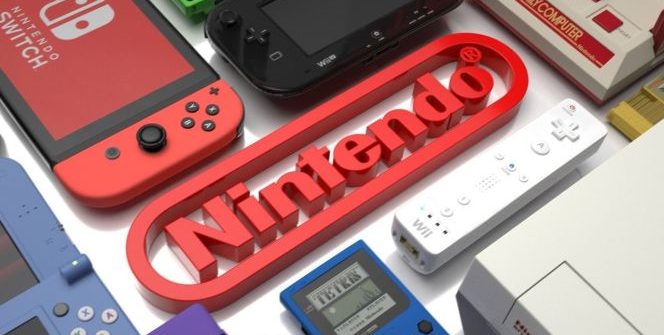Cyclically hired developers for low wages while expecting overtime and not getting much extra (as in benefits) from the Japanese company beyond that…?
An American contract employee at Nintendo was fired after raising the possibility of unionisation during a meeting. It led to a labour complaint that Nintendo had violated the NLRA (National Labor Relations Act). Kotaku took a deeper look into it, and after the case filing, ten current and ex-employees spoke to the site. They all say they were taken advantage of by the big N.
They pointed out that talking about working conditions can lead to retaliation within the company and that there are many differences between full-time employees and contract workers. For example, there is also a difference in their hourly wages: most of the time, contract workers get only $16 per hour, and only a few get up to $20. While it might sound a lot regardless, let’s not forget that Nintendo of America is headquartered in Redmond, Washington (yes, Microsoft is also located in the same city…), close to Seattle, which is ranked 15th on Kiplinger’s list of the ten most expensive cities in the US. In other words: the pay isn’t high enough to make a decent living…
Temporarily hired developers experience a unique employment cycle. According to Kotaku’s sources, staff agencies often give 11-month contracts, with a mandatory two-month break before getting another contract. It doesn’t help their situation much either, while the big N expects them to be as productive as full-time employees, so they have to work overtime…
One source told Kotaku that it was difficult to speak out against overtime because Japanese colleagues would do much more to be on par with them. On top of it all, the site also revealed another topic: what it’s like to work for an external company at one of Nintendo’s Joy-Con repair centres in the US. The requirements are steep, the repair quotas are high, and they don’t change regardless of how many controllers have to be repaired or how many people are working there…
That doesn’t sound very good.
Source: Gamesindustry
















Leave a Reply